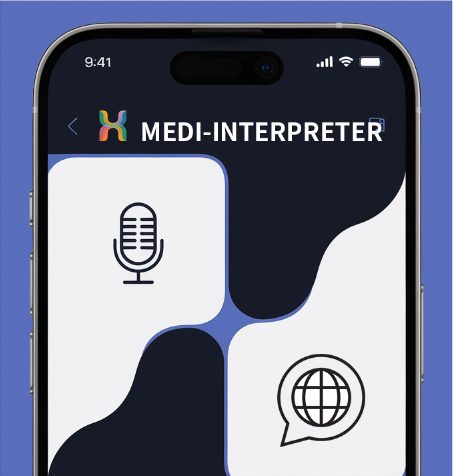Over the past six months, I’ve found myself deep in the trenches of AI development – not because it’s trendy, but because it’s necessary. From fine-tuning LLM models to implementing computer vision and launching image generation services, each step has been a revelation. Now, I’m nearing completion of a real-time interpretation service app for medical use.
This isn’t just about technology; it’s about professions. A recent marketing analysis for a local pharmacy revealed something – 26% of residents weren’t native English speakers in a small town in Saskatoon. Think about that. In healthcare, where clear communication can be a matter of health, over a quarter of the community struggles with language barriers. This wasn’t just data; it was a call to action.
The medical interpreter app I developed in response isn’t merely a tool – it’s a bridge. While most translation apps focus on technical capability, I obsessed over user experience and market differentiation. This means that marketers can now create their own marketing points to meet consumer needs and promote them as needed.
But here’s what keeps me up at night: the marketing landscape is about to undergo a seismic shift. The days of relying solely on platform-based marketing analysis are numbered. In the emerging AI Agent era, marketers won’t just use tools – they’ll need to create them. The future belongs to those who can develop and evolve their own marketing applications and promotional content, infusing them with their unique expertise and insights.


